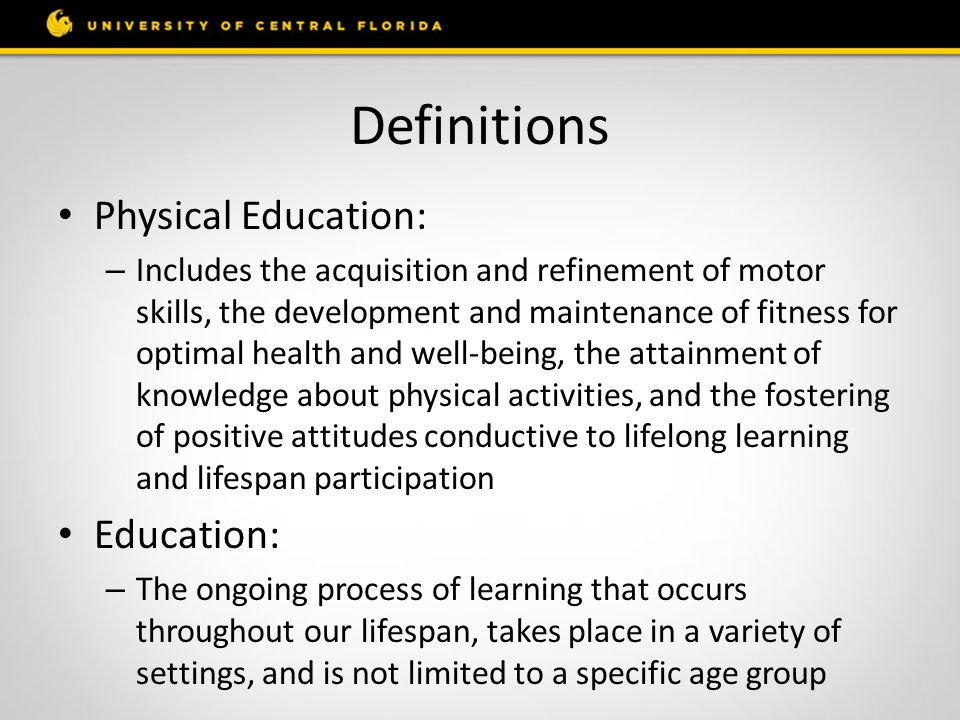If you have relatives with cancer, you may be at a higher risk of developing certain types of cancer. The risk can be higher if the relative is a first-degree relative, such as a parent or sibling, and if they were diagnosed with cancer at a young age or had multiple family members with cancer.
However, having a family history of cancer does not necessarily mean that you will develop cancer. Many factors, including lifestyle and environmental factors, can also contribute to the development of cancer.
If you have a family history of cancer, it is important to discuss this with your healthcare provider, who can assess your individual risk and recommend appropriate screening and prevention strategies. Depending on your risk, your healthcare provider may recommend earlier or more frequent screening for certain types of cancer, such as mammography for breast cancer or colonoscopy for colon cancer.
In some cases, genetic testing may also be recommended to identify any inherited genetic mutations that increase the risk of cancer. If a genetic mutation is identified, your healthcare provider may recommend additional screening or risk-reducing strategies, such as prophylactic surgery or increased surveillance.
Overall, having a family history of cancer can increase your risk of developing certain types of cancer, but it does not necessarily mean that you will develop cancer. It is important to discuss your family history with your healthcare provider to determine the most appropriate screening and prevention strategies for your individual situation.






